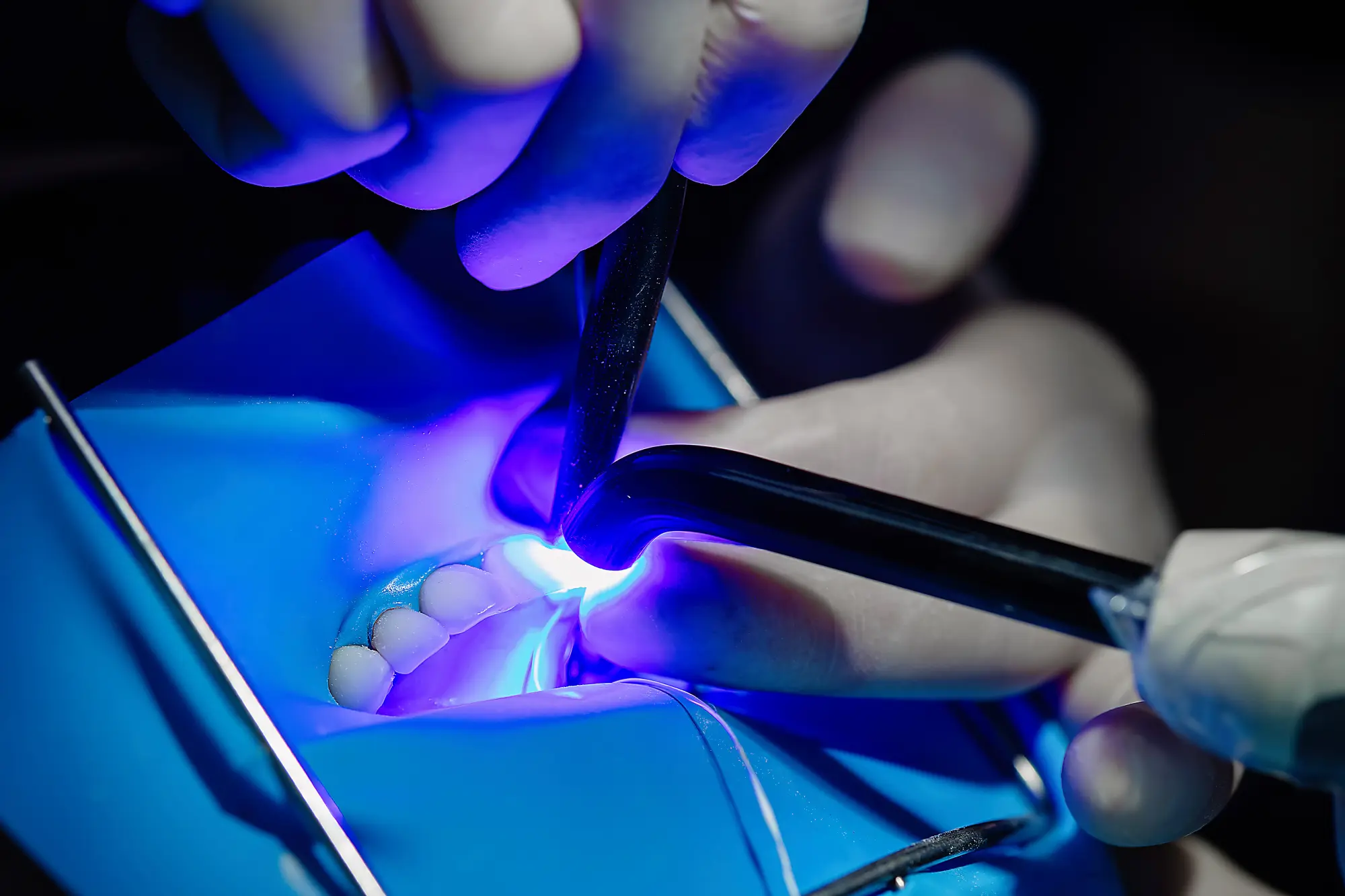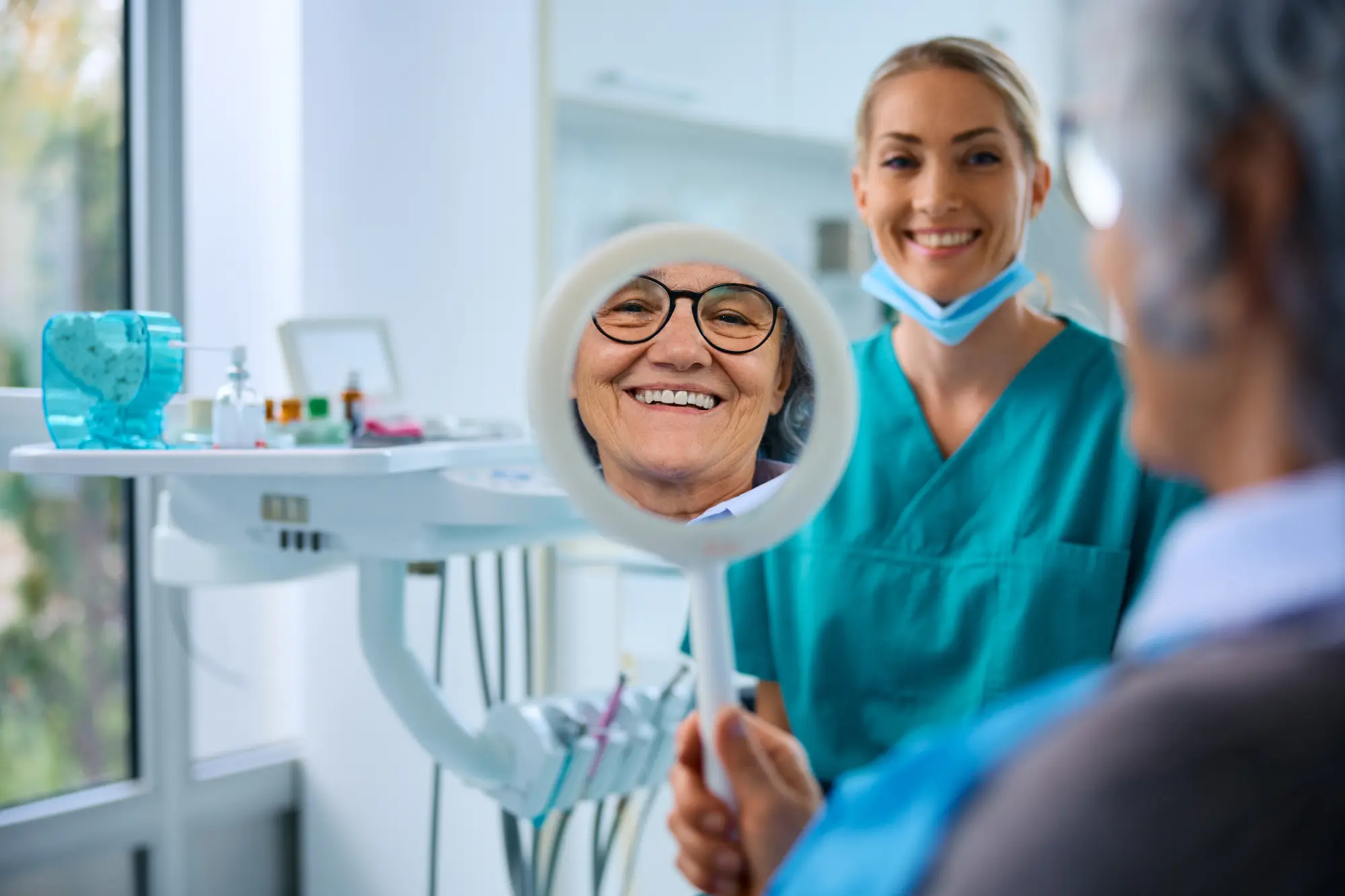Tax Considerations You Should Keep In Mind When Selling Or Buying A Practice
Tax Considerations You Should Keep In Mind When Selling Or Buying A Practice
When it’s time to buy or sell a business, taxes are never simple. And this is just as true in dentistry as it is in every other business. Whether you’re selling a dental practice and moving on to new things, or you’re buying your first practice or an expansion office, there are a lot of things you’ll want to consider – and tax implications are one of the most important aspects of buying or selling a dental practice.
Tax Considerations When Selling A Dental Practice
If you’re thinking about selling your dental practice, there are a lot of things that can affect how much you’ll pay come tax time. Here are just a few considerations to keep in mind when selling a dental practice:
- Type of corporation – Your corporate structure can affect your tax bill during a sale. For example, if your office is a C corporation, all sale income is taxed at the corporate level, which maxes out at 21%. However, if your business is a sole proprietorship, it will be taxed differently.
- Asset categorization – When selling a dental practice, you may sell lots of different things to the buyer. These assets are categorized differently for tax purposes. Sales of supplies, for example, count as ordinary income. Sales of real property and patient records, on the other hand, count as long-term capital gains.
- Depreciation of assets – Ideally, you've been working with a dental accountant to depreciate your assets properly. For example, dental equipment can be depreciated for 5-7 years, while real property can be depreciated over a 15-year period. These deductions help you save on taxes while your business is operational, and provide the proper valuation when it’s time to sell.
Tax Considerations When Buying A Dental Practice
If you’re buying a new dental practice, there are also some tax considerations to keep in mind:
- Allocation of practice price – When you’re buying a practice, allocating a higher portion of the purchase price to equipment, real property, fixtures, and furniture can help you save on taxes, since this helps you get tax breaks for depreciation.
- Immediate depreciation – In some cases, the owner of a new practice may be able to use accelerated depreciation to write off the full value of certain fixtures and equipment within the first year of purchase. You’ll want to work with a dental accountant to take these Section 179 deductions.
- Upfront payment or financing – Usually, you’ll take out a bank loan or use your personal assets to buy a new practice. But in some cases, you may be able to finance the purchase of a dental office with the seller, and pay for it over time. This helps the seller save on taxes, since they will receive less up-front income and will instead receive proceeds from the sale over time. It also may make it easier for you to purchase the practice.
Don’t Go It Alone – Get Help From The Experts at Tooth & Coin
There are some things that you can handle on your own, and buying or selling a dental practice is not one of them. Whether you’re buying or selling a practice, we highly recommend working with a dental accounting expert from Tooth & Coin to keep your finances in order, and to make sure you don’t get hit with an unexpected tax bill.
So don’t wait. If you’re exploring the sale or purchase of a dental office, schedule an appointment with Jonathan VanHorn online, or contact the Tooth & Coin team by phone at (877) 265-2121 to set up a consultation. We serve dentists throughout the nation, and can provide the tax advice, accounting, and financial services you need to make the most of your practice.

.png)


.png)